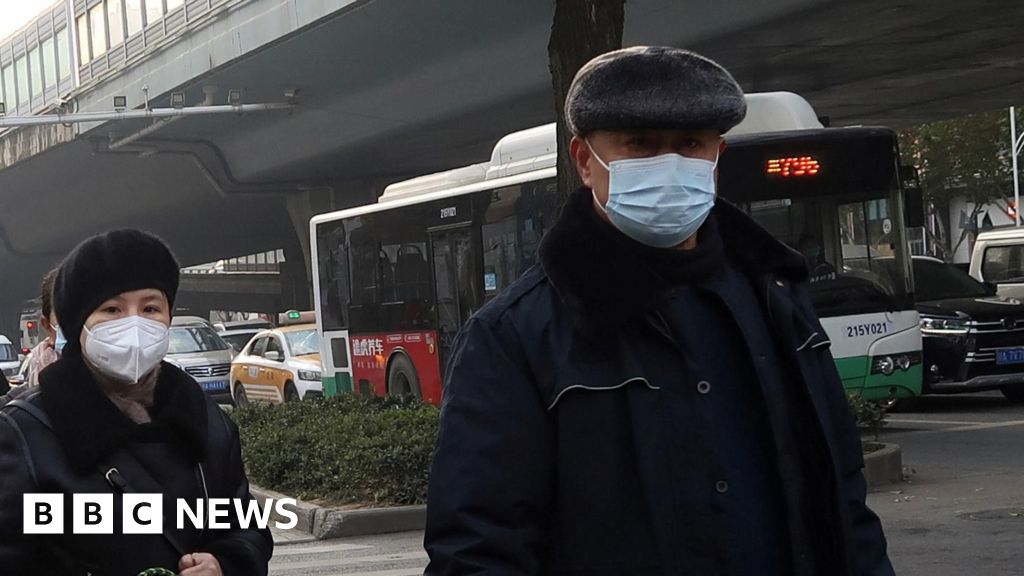 Reuters
ReutersThe World Health Organization has urged China to share data on the origins of the Covid pandemic, five years on from its start in the city of Wuhan.
“This is a moral and scientific imperative,” the WHO said in a statement to mark what it called the “milestone” anniversary.
“Without transparency, sharing, and co-operation among countries, the world cannot adequately prevent and prepare for future epidemics and pandemics,” it added.
Many scientists think the virus transferred naturally from animals to humans, but some suspicions persist that it escaped from a laboratory in Wuhan.
China has not responded to Monday’s WHO statement. In the past it has strongly rejected the lab leak theory.
In September, a team of scientists said it was “beyond reasonable doubt” that the Covid pandemic started with infected animals sold at a market, rather than a laboratory leak.
They came to this conclusion after analysing hundreds of samples collected from Wuhan in January 2020.
In its statement, the WHO went back to the early days of Covid and traced its evolution from a local phenomenon to a global scourge, leading to lockdowns around the world and the ultimately successful race to develop vaccines.
“Five years ago on 31 December 2019, WHO’s Country Office in China picked up a media statement by the Wuhan Municipal Health Commission from their website on cases of ‘viral pneumonia’ in Wuhan, China,” the organisation said.
“In the weeks, months and years that unfolded after that, Covid-19 came to shape our lives and our world,” it went on.
The WHO said it “went to work immediately” as 2020 dawned. It recalled how its employees activated emergency systems on 1 January and informed the world three days later.
“By 9-12 January, WHO had published its first set of comprehensive guidance for countries, and on 13 January, we brought together partners to publish the blueprint of the first Sars-CoV-2 laboratory test,” it added.
The WHO said it wanted to “honour the lives changed and lost, recognise those who are suffering from Covid-19 and long Covid, express gratitude to the health workers who sacrificed so much to care for us, and commit to learning from Covid-19 to build a healthier tomorrow”.
In May 2023, the WHO declared that Covid-19 no longer represented a “global health emergency”.
Its director general, Dr Tedros Adhanom Ghebreyesus, said at the time that at least seven million people had died in the pandemic.
But he added that the true figure was “likely” closer to 20 million deaths – nearly three times the official estimate.
Since then, the WHO has repeatedly warned against complacency about the possible emergence of future Covid-like illnesses.
Dr Ghebreyesus has said the next pandemic “can come at any moment” and has urged the world to be prepared.




